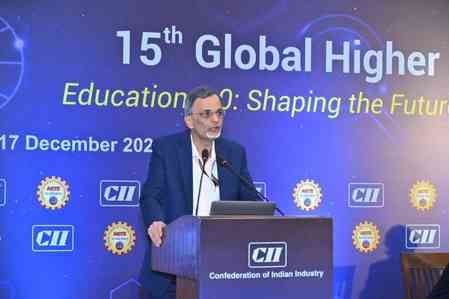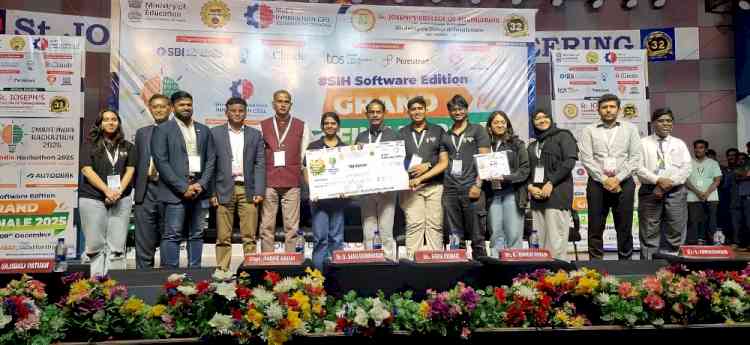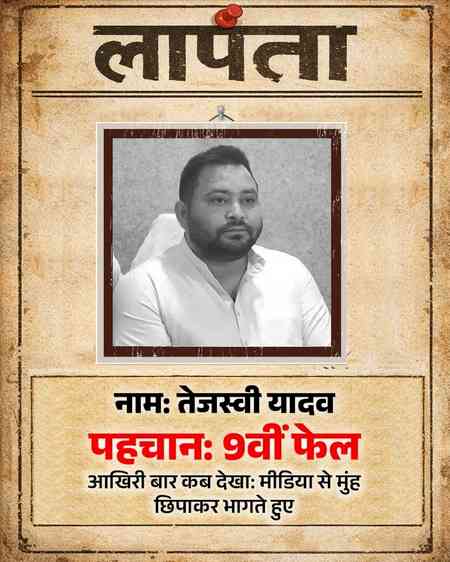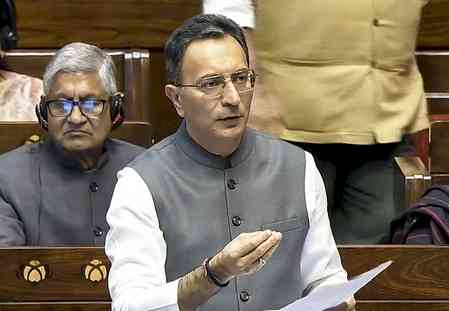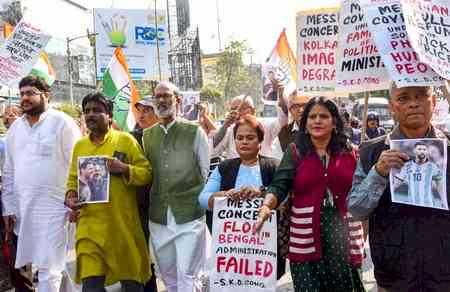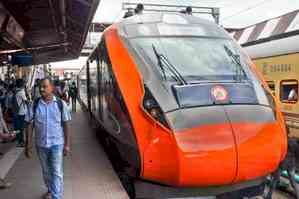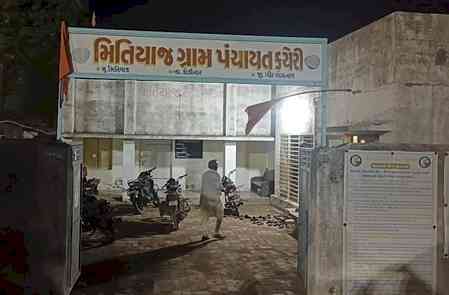LPU’s International Symposium Ignites UK-India Partnership for Smart, Sustainable, Green Cities of Tomorrow
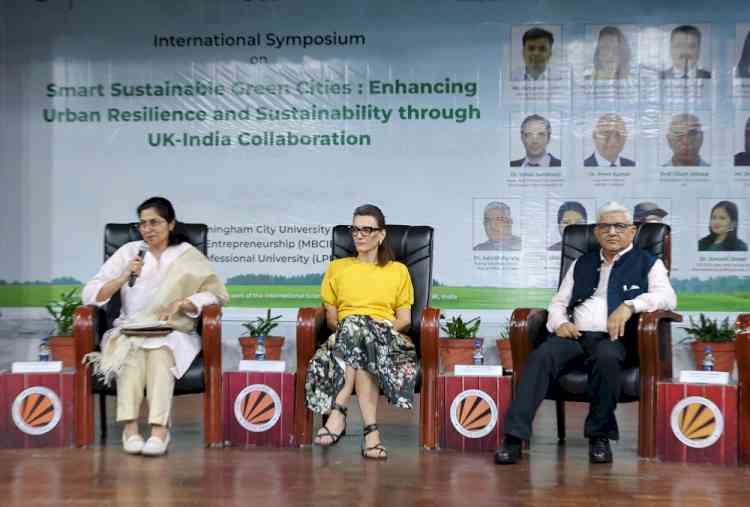
Jalandhar; September 22, 2025: A significant step forward in UK-India collaboration on urban sustainability was marked by a three-day international symposium held in Punjab. Hosted at the Munjal Birmingham City University Centre of Innovation and Entrepreneurship (MBCIE) and Lovely Professional University (LPU), the event brought together experts from both nations under the SSG-Bridge project, jointly funded by the British Council (UK) and the Indian Council of Social Science Research (ICSSR), India.
The symposium, titled “Enhancing Urban Resilience and Sustainability through UK-India Collaboration,” convened eminent academics, policymakers, industry leaders, and early-career researchers. This dynamic platform for knowledge exchange and collaborative planning represents a strategic partnership between Birmingham City University (UK), the Munjal BCU Centre of Innovation and Entrepreneurship (MBCIE, Ludhiana), Lovely Professional University, and the Public Action Committee (PAC, Ludhiana).
Welcoming the delegation at LPU were Dr. Jaspal Singh Sandhu, Vice-Chancellor of LPU; Dr. Aman Mittal, Vice President of LPU; and Senior Dean Dr. Neeta Raj Sharma, the Indian Project Lead for SSG-Bridge.
Addressing the gathering, Dr. Neeta Raj Sharma emphasized that the event was a vital “bridge” connecting the two nations to reimagine the urban future. "Our mission is to empower the next generation of researchers to accelerate innovation and advance the SSG agenda, which directly impacts public health, the environment, and the human development index," she stated. Furthering this commitment, Dr. Aman Mittal announced plans for a dedicated Indo-UK SSG Research Centre at the university. "This collaboration reflects our commitment to shaping global solutions through strong international partnerships," he stated.
The intellectual proceedings were driven by keynote addresses from a distinguished roster of international experts. From the UK, Dr. Vahid Javidroozi, the UK Project Lead from Birmingham City University, presented the project’s core philosophy. He critiqued a purely technological approach to smart cities, advocating instead for a holistic model focused on people, processes, and governance. Professor Cham Athwal, UK Co-Lead from BCU, stressed the critical importance of the UK-India partnership in addressing global challenges. Providing a crucial policy perspective, Ms. Karolina Medwecka from Birmingham City Council showcased successful models of community-led urban regeneration and inclusive economic growth, highlighting Birmingham’s transformation.
The Indian perspective was strongly represented by leaders including Dr. Prem Kumar, Executive Director of MBCIE; Col. C.M. Lakhanpal of the Public Action Committee (PAC), Ludhiana, who highlighted the role of citizen action; Urban planning and smart city projects were detailed by experts like Ar. Sanjay Goel and Ar. Siddhartha Wig.; Dr. Suruchi Jindal, Assistant Professor at LPU, who showcased urban agri-biotech innovations; and Prof. (Dr.) Adarsh Pal Vig, former Chairman of the Punjab Pollution Control Board, who connected environmental policy with scientific research. Complementing the discussions, members of the PAC also arranged a display of organic products, which was visited and highly appreciated by all participants and dignitaries.
The event combined high-level discussion with hands-on creativity, featuring an immersive LEGO SERIOUS PLAY workshop led by Dr. Vahid Javidroozi, where participants built models of sustainable urban futures. Panel discussions led by Dr. Sunaina Ahuja explored themes of urban resilience, technological innovation, sustainability, and inclusive governance, featuring case studies such as the Tyseley Environmental Enterprise District in Birmingham and lessons from Ludhiana. A dedicated Research and Publication Workshop further empowered early-career researchers with mentorship on translating ideas into high-impact, actionable research.
The symposium concluded with a forward-looking dialogue on building sustainable urban legacies. By bridging research, practice, and international collaboration, the project aims to equip the next generation of scholars and practitioners to reimagine cities that are not just smart, but truly sustainable and resilient for the future.


 City Air News
City Air News 
